5 Benefits of a multilingual website & content
Inhaltsverzeichnis
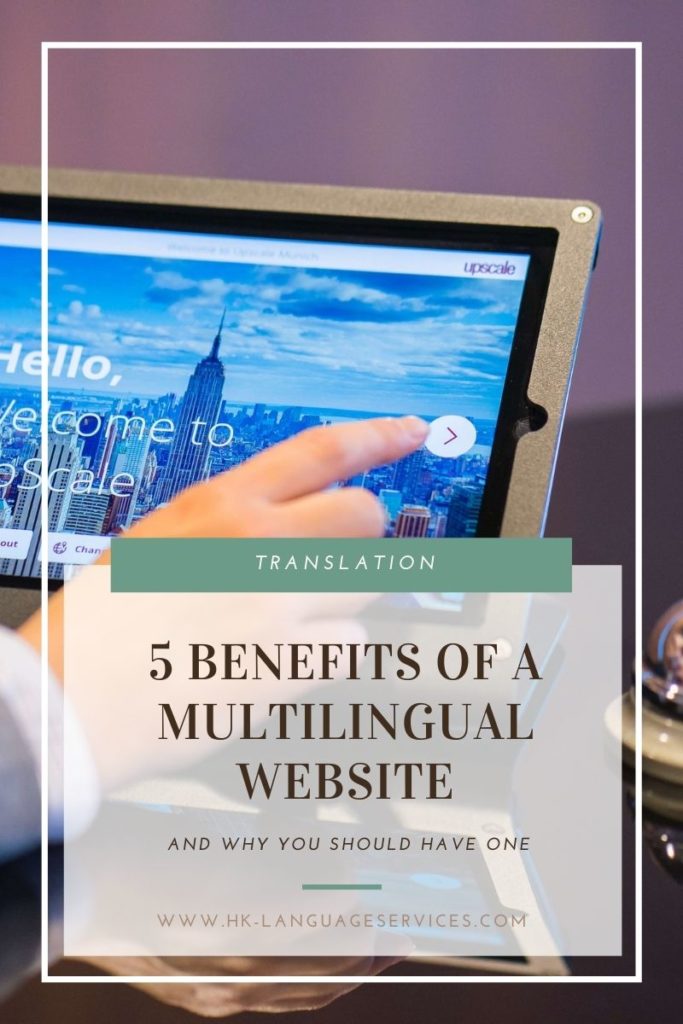
Reaching out to a greater audience has never been easier. We’re living in times when information is at people’s fingertips. A large amount of people is connected 24/7 and consumers have adapted to the digital world. They expect the same from travel agencies, tour operators, hotels, and other businesses in the tourism sector. The key to success lies in increasing your visibility for foreign guests by providing compelling content. In other words, showing up with a multilingual website and content in a sector depending on internationality is a prerequisite.
Here you will find 5 benefits of a multilingual website & content.
#1 New markets
The aim of accessing untapped markets is to reach a whole new set of customers and thus increase sales. But doing your homework in advance is essential:
- assess market players and market conditions
- overcome language barriers to communicate in your audiences’ languages
However, poorly translated content can turn your splashy entrance to a new market into a dent in your reputation that might be hard to restore. The key is avoiding linguistic pitfalls through proper localisation. This is where localisation comes into play. The content is not only translated but also adapted to the culture and traditions of the target market.
#2 Diversification
Another reason for international expansion can be diversification. The aim here is to diversify assets and to reduce your dependency on a single domestic market. As a consequence, diversified market presences allow you to better offset global market fluctuations. For instance, companies with international operations can offset negative growth in one market by operating successfully in another. Different markets hold a strong potential for certain offers of yours. People of culture A might not be the biggest fan of a specific offer, but people of culture B might love it!
#3 Credibility
Communication is all about building trust. It is crucial to know that customer service already starts when a potential customer or guest visits your online presence.
Imagine a family of four sitting at the dinner table and discussing where they want to spend their next holiday. Everyone is excited and they brainstorm possible destinations. In the end, several destinations are thrown in the pot. The parents go online afterwards and start looking for possible options.
Anticipation starts right here!
The parents will decide depending on their budget, the amenities and attractions that will make their stay worthwhile and memorable. But it also depends on how they experience your website! If it’s hard to navigate or confusing, they might be put off immediately and go for another option.
A holiday can be broken down into 5 stages of travel:
- booking
- arrival
- the actual stay
- departure
- back home
A traveller’s emotions vary significantly while going through the different stages. They experience excitement peaks during lead-up and arrival and feel fulfilled once they’ve returned home.
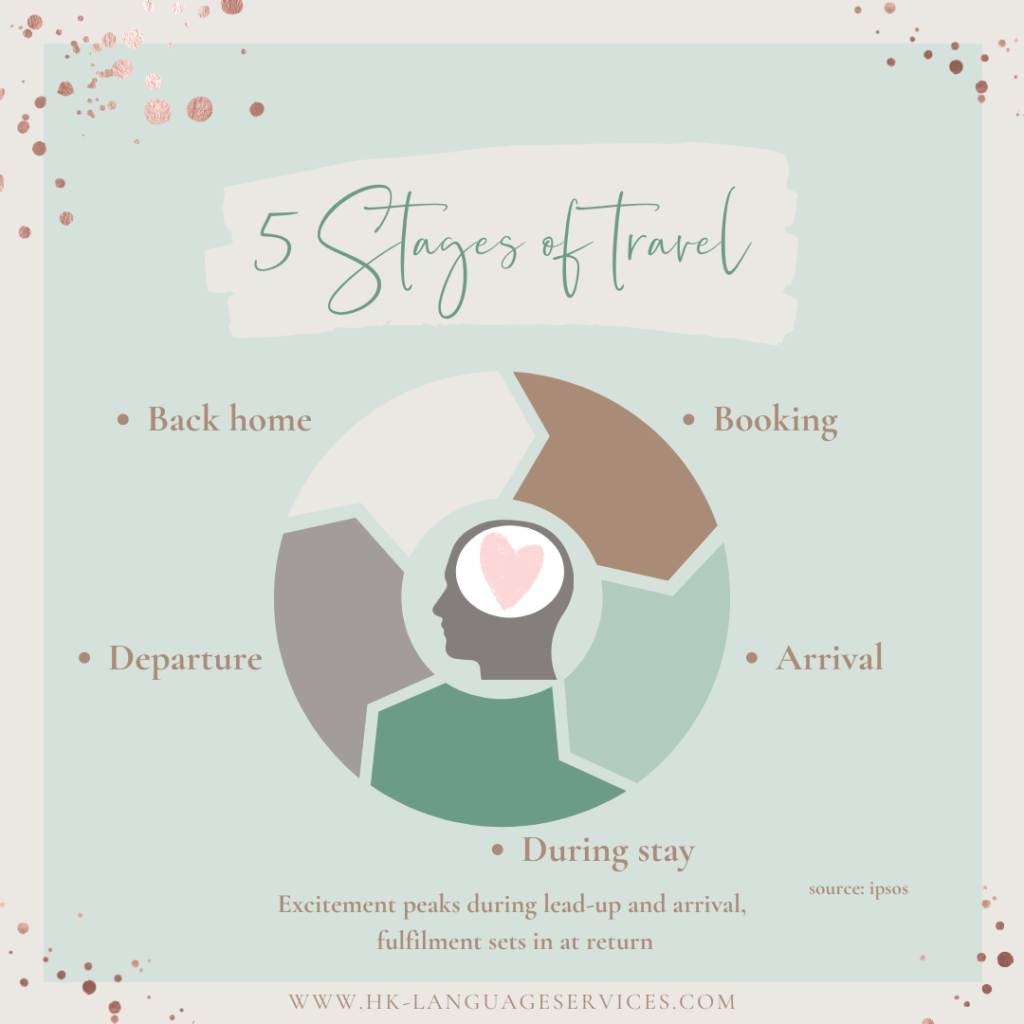
So, sparking the customer’s interest when they visit your website is essential. The user-experience you provide on your website and the amenities you offer play a crucial part in the decision-making process. Do you already have a multilingual website? How much effort did you invest in the translation? In other words, has it been translated professionally or quickly with an online translation tool? Is it correct in terms of spelling and grammar or is it full of errors? Not only will this make a poor impression, but it will also make the customer feel less valued.
“Communication is all about building trust.”
TOPHOTEL.news
Communication plays a vital role in building trust among your customers. This is even more important during the corona pandemic. Attaching the utmost importance to rebuilding trust and instilling a sense of safety and security in your customers is fundamental.
So, let us dive into customer behaviour with regard to country- and language-appropriate content. A survey of language preferences conducted by the Harvard Business Review revealed that the success of your online customer experience is determined by how quickly and painlessly guests find country- and language-appropriate content.
“How quickly and painlessly guests find country- and language-appropriate content, will determine the success of your online customer experience.”
Harvard Business Review
These are the survey’s results:
Hence, what do we learn from these results?
Customers want to get an impression of what they can expect from a stay at your accommodation on your website. Your competitors’ offer might meet the same requirements as yours. But maybe they also went that extra mile and offer their website in various languages. Which website, do you think, will catch the looker’s attention and will lead them to stay longer?
#4 Increased Conversion
Providing a multilingual website with the native language of your target audience will increase your direct bookings. Visitors will not only be attracted by their search results, but will also spend more time on your website. Consequently, this will boost your online visibility as well as sales since it is a positive ranking factor for Google. Find out more about how to increase your visiblity and direct bookings with my complete guide for hotel marketing.
I know I’m repeating myself here, but translating your content into another language with an online tool is one thing. However, attaching the same importance to the translation as to the original copy will make all the difference:
Another study revealed that the number one factor for purchasing a holiday online is the “excitement tourists experience while booking their next trip”. The use of emotional and creative language in their native tongue is the winning factor.
Wouldn’t it be great if a looker turned into a booker because your content hooked them? They felt welcome, understood, and most importantly, were in joyful anticipation about their next holiday?
#5 Image boost
Providing a multilingual website and content for your international guests not increases your online visibility. It also leads to increased engagement with your audience on your social media channels. Your followers get to know you and your values and a trusted relationship can form in the long run.
Another great benefit of multilingual content is the improved communication with your guests. Bridging language barriers for your guests makes them feel valued. They appreciate you going that extra mile to make them feel welcome. People are much more inclined to book with you, if you provide a convenient booking process for them.
Turn former guests into brand advocates
The holiday is over and your guests have returned home. They’re full of happy memories and everything went to their complete satisfaction during the holiday. Chances are good, that they’ll spread the word to friends and share their experiences online. This opens the doors to new potential guests.
Be international in an international industry
If you don’t think that translating your content is important, consider the following: unlike some other industries, the tourism sector operates in almost every corner of the world and in every language possible. In an age where being online 24/7 is regarded as normal, connecting with your target audience by speaking their language is eminent for you as a tourism business. This is something that can only be achieved by a translation expert specialising in tourism and hospitality who is able to apply the necessary language skills and cultural knowledge.

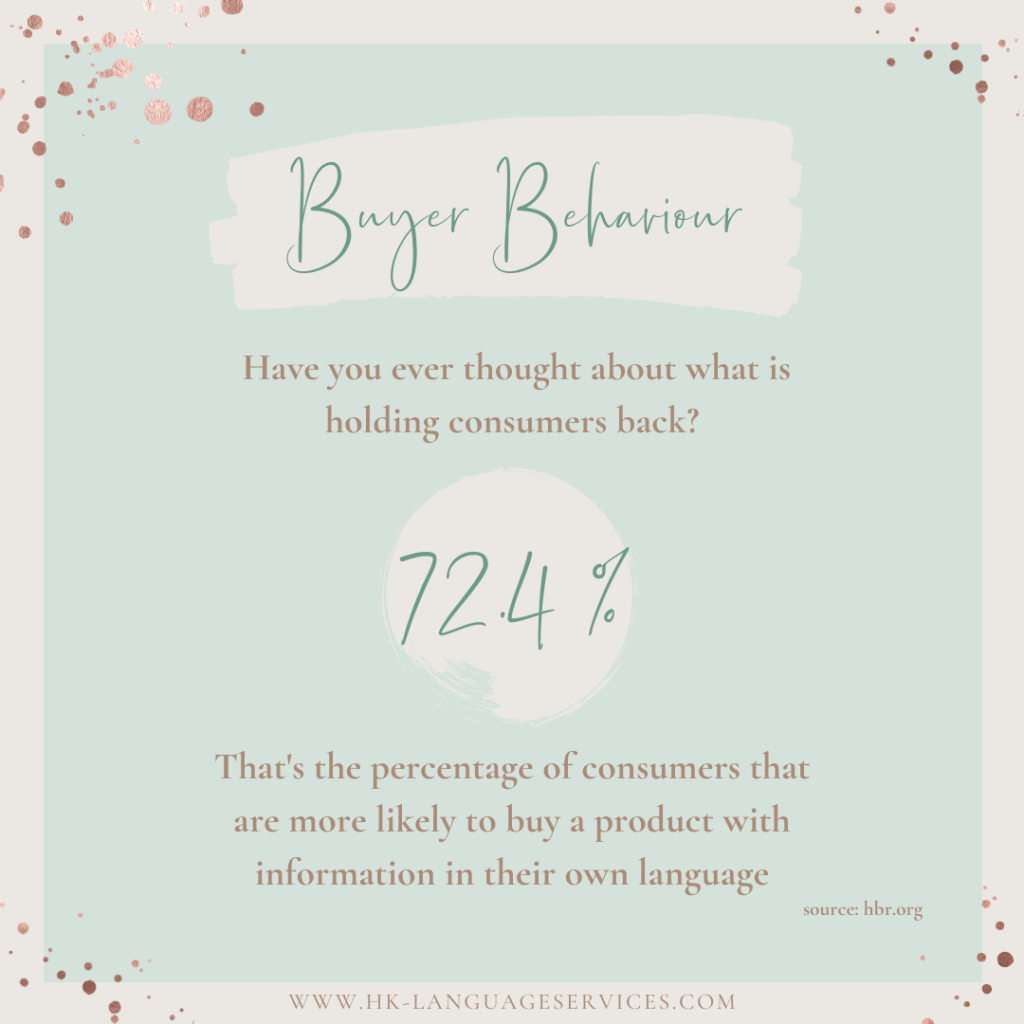




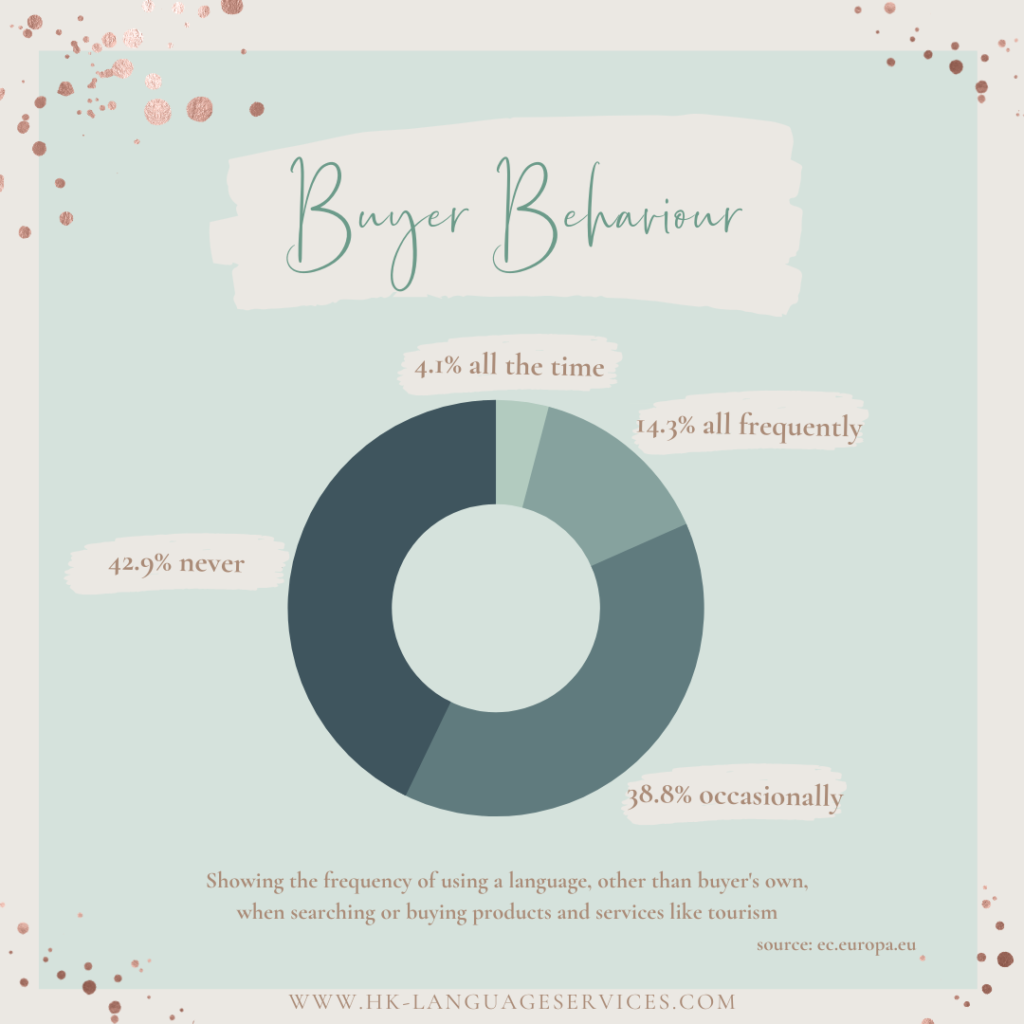



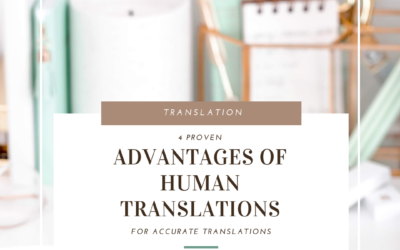
0 Comments
Trackbacks/Pingbacks